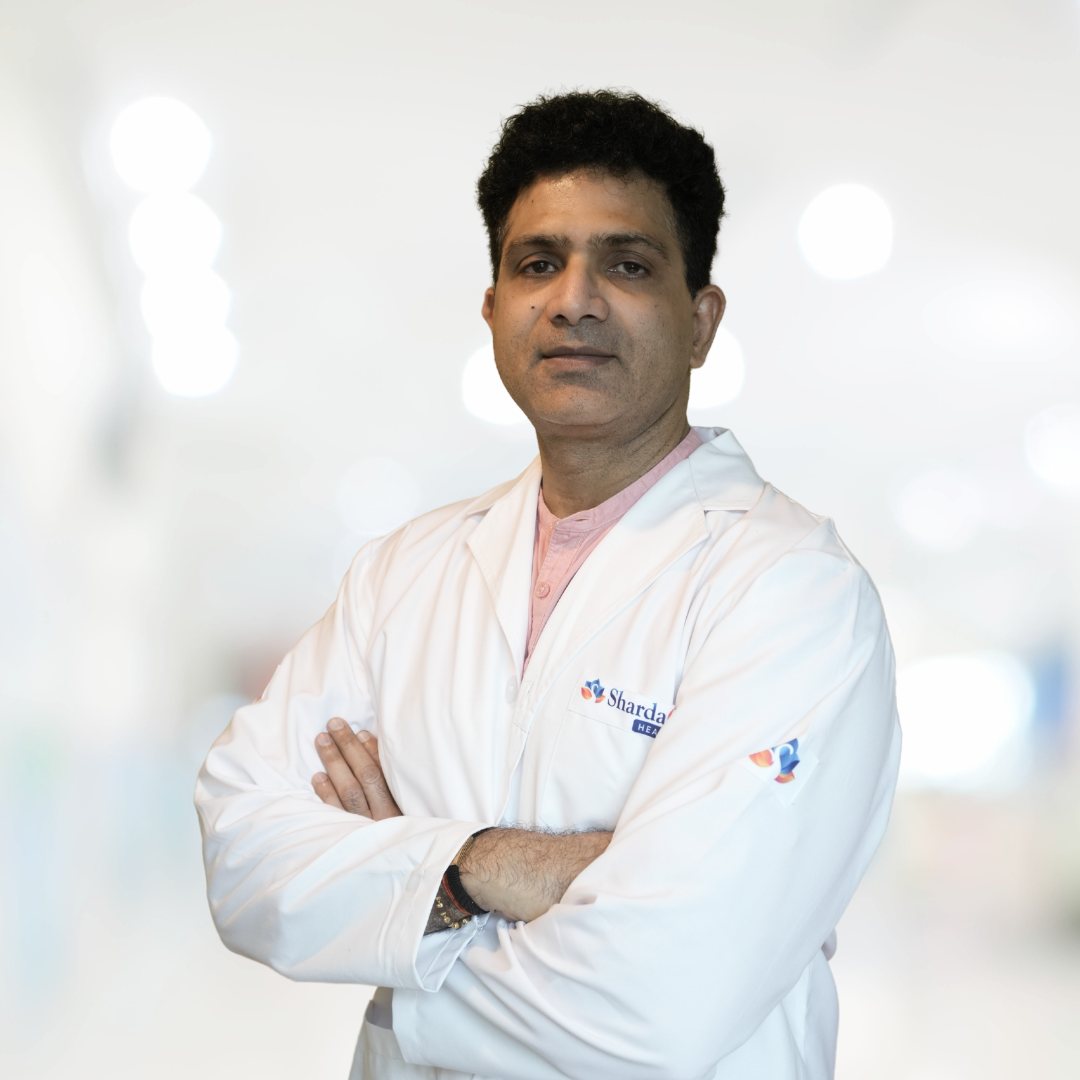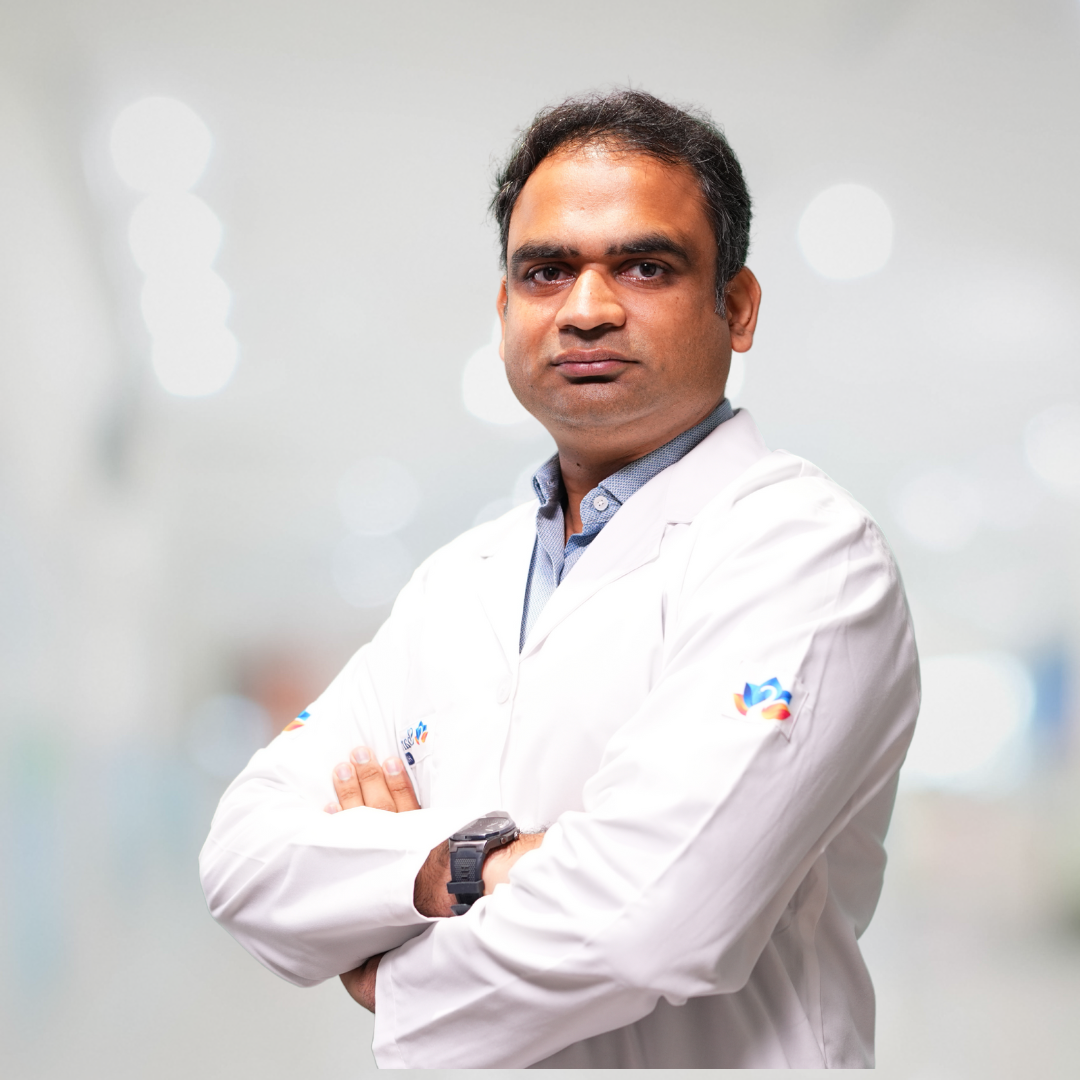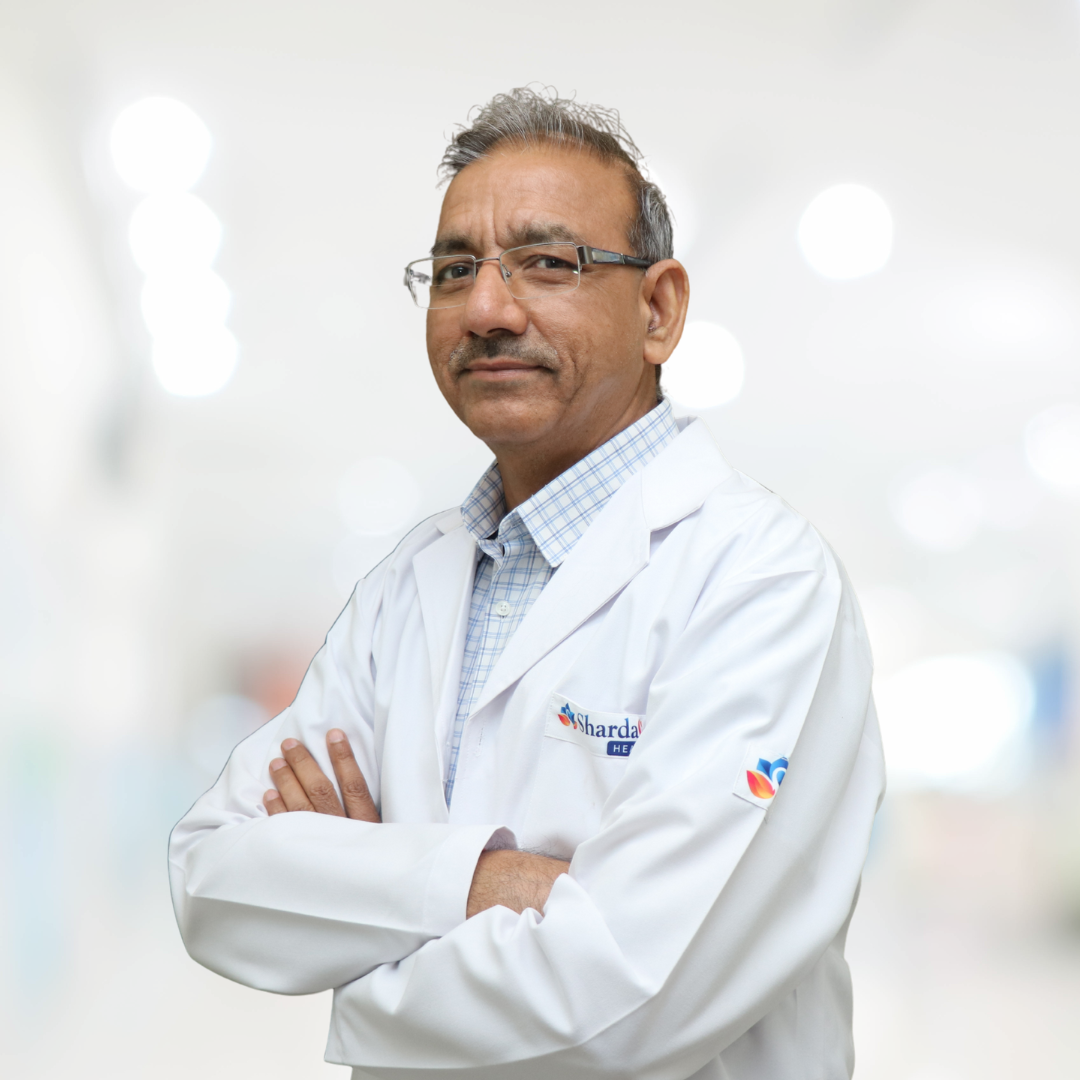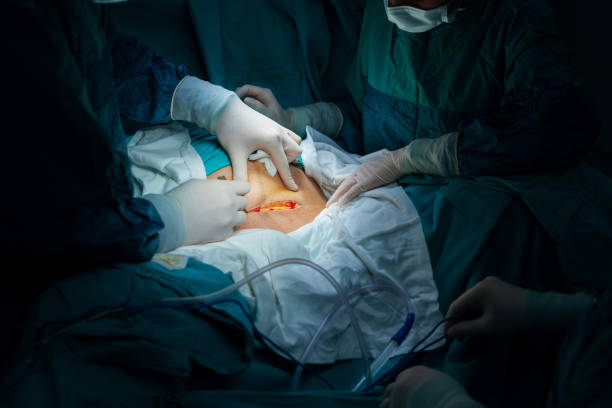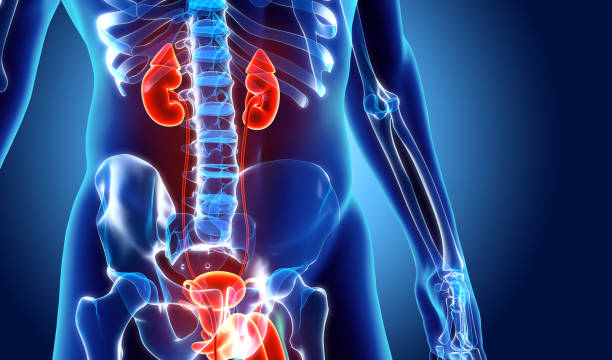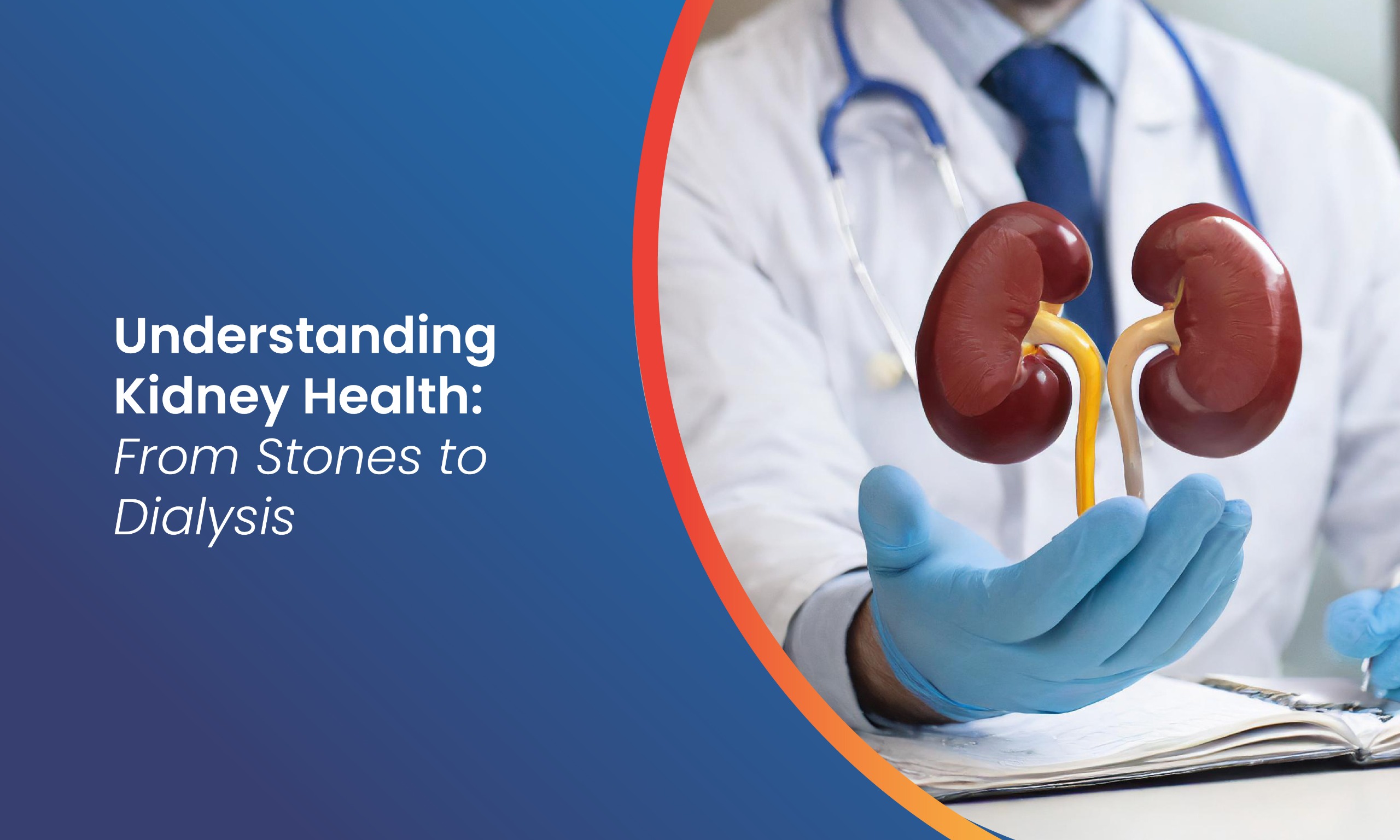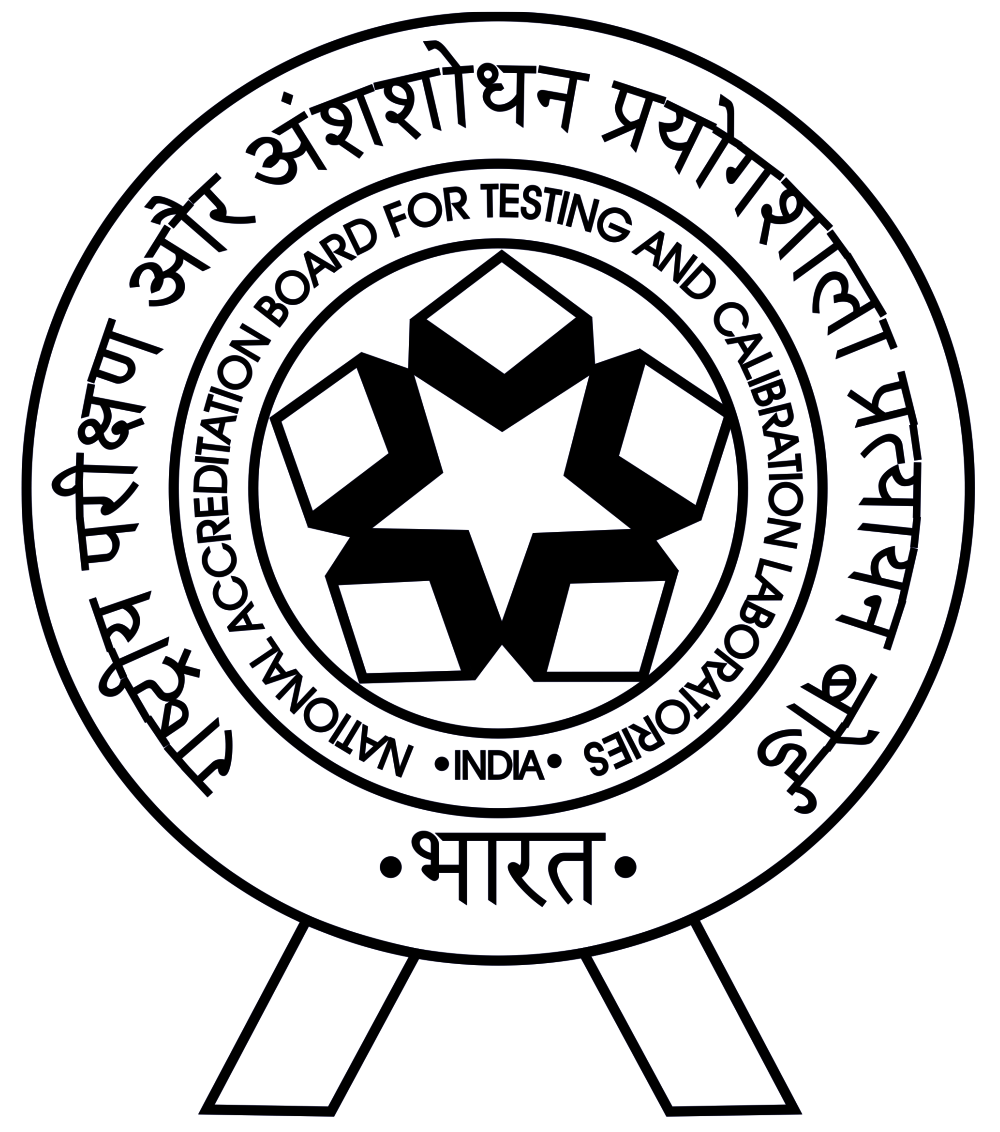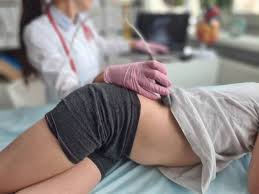
Paediatric Urology Care & Surgery for Children at ShardaCare – Healthcity
The Paediatric Urology Department at ShardaCare - Healthcity stands at the forefront of excellence in Paediatric Urological care, offering specialized expertise in the management of complex congenital and acquired Urological conditions in Children.
Our dedicated team of Paediatric Urologists, supported by state-of-the-art technology and advanced Surgical Techniques, delivers personalized treatment tailored to the unique needs of each Child. Collaborating closely with experts in Paediatric Radiology and Orthopaedic Surgery, we have pioneered the development of innovative 3D MRI-guided imaging tools. These cutting-edge technologies enhance safety and precision during major Surgeries for Newborns, ensuring optimal outcomes with minimal risk.
We offer expert care for various conditions, including but not limited to:
- Bladder Exstrophy
- Cloacal Anomalies
- Hernias
- Hydronephrosis (Kidney Dilation, Detected Prenatally or in Childhood)
- Hypospadias (Urethral opening located on the underside of the Penis)
- Intersex conditions (Abnormal development of Genital Organs)
- Kidney Stones
- Neurogenic Bladder caused by Spinal Cord Lesions, such as Myelomeningocele
- Re-do Urology Surgeries
- Rhabdomyosarcoma of the Genitourinary system
- Testicular Tumours
- Undescended Testicles
- Ureteropelvic junction obstruction (Blockage of Urine flow from the Kidneys)
- Vesicoureteral Reflux (Urine back up from the Bladder to the Kidneys)
- Wilms Tumor and other Kidney Tumours in Children
At ShardaCare- Healthcity, we are dedicated to providing unparalleled care for Children with Urological Conditions, empowering them to lead healthy and fulfilling lives. Our multidisciplinary approach, innovative technologies, and unwavering commitment to excellence make us a trusted destination for Paediatric Urology care.
Looking for an Expert
ShardaCare - Healthcity is home to some of the eminent Doctors in the world.
Book an Appointment

